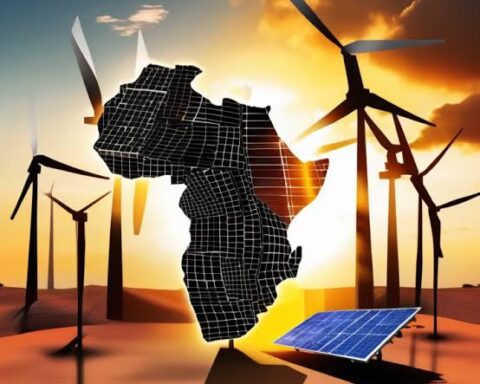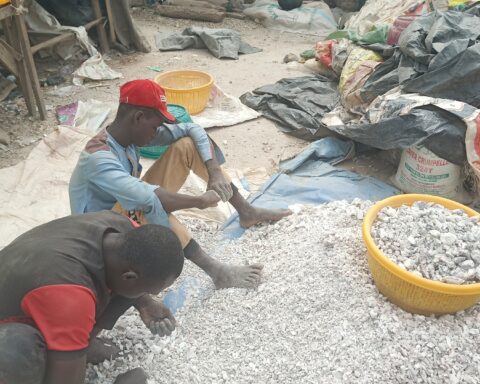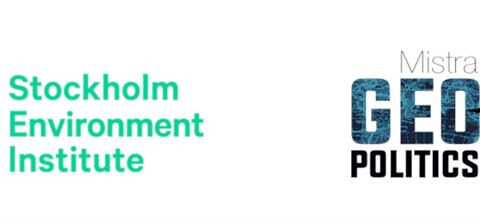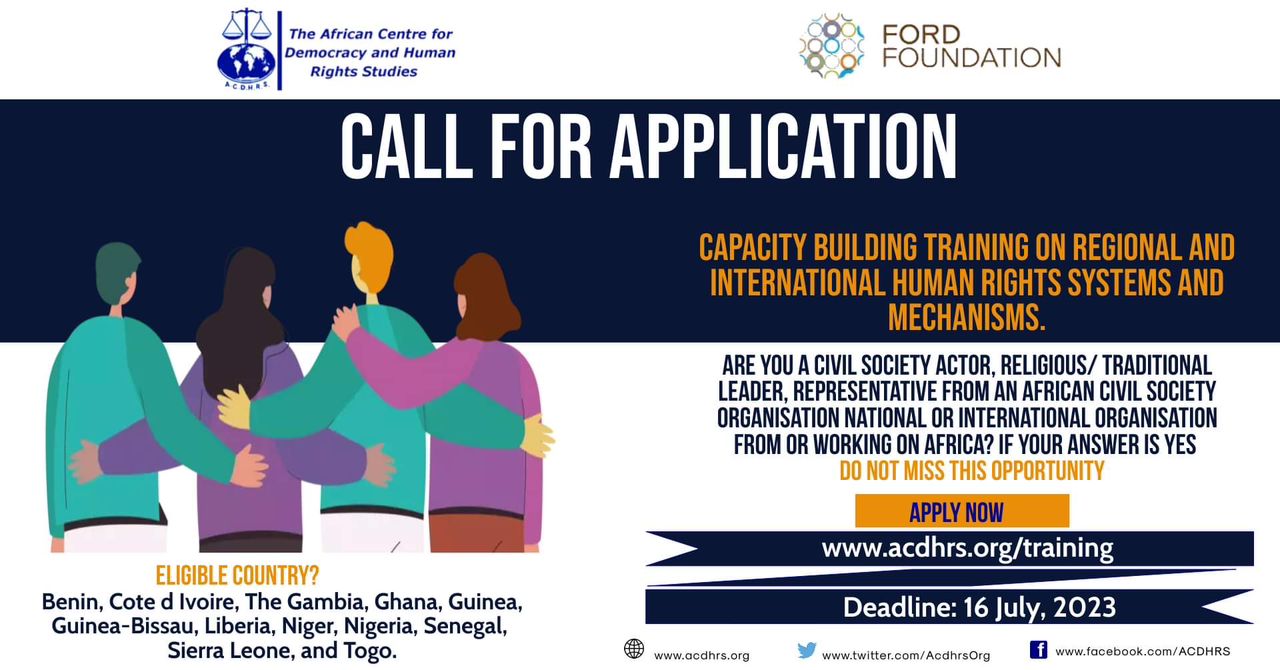The Least Developed Countries Fund (LDCF) and Special Climate Change Fund (SCCF) will deploy $63 million in urgent funding for countries on the frontlines of climate change following a meeting of the Global Environment Facility-managed funds in Brazil.
In its 34th meeting, the LDCF/SCCF Council approved six projects to boost climate resilience in countries including Bhutan, Cabo Verde, Comoros, Djibouti, and Zambia, in line with the funds’ strategy to target the unique adaptation needs of Least Developed Countries and vulnerable island nations.
The work program includes the first disbursement from a new window for Small Island Developing States (SIDS) within the SCCF which, along with the LDCF, was set up in 2001 to help developing countries prepare for and respond to the impacts of climate change. The LDCF is the only global fund that offers support exclusively to Least Developed Countries.
The support to Cabo Verde from the SCCF will help the residents of Santiago, the largest island and major agricultural hub of the West African archipelago nation, to shore up natural defenses against climate effects while increasing food security.
Council Member Collin Beck of the Solomon Islands said this was a good example of how targeted support to small island states can yield significant dividends.
“Climate change is a global challenge, but climate adaptation solutions are not applicable everywhere. It is very positive for us to see the needs and experiences of SIDS given dedicated attention through this work program,” Beck said.
The dedicated SIDS funding window was central to the GEF climate funds’ strategy for scaling up support to the world’s most climate-vulnerable countries, in line with an agreement at the Glasgow climate summit in 2021 to at least double the flow of adaptation finance to developing countries.
Additionally, as part of the work program agreed in Brasilia, the LDCF/SCCF Council approved $20 million of grant funding each for Djibouti and Bhutan.
This is the total amount of funds that Least Developed Countries can access from the LDCF during the 2022-2026 period – double the amount that was available in the previous four-year funding period.
By Dare Akogun








